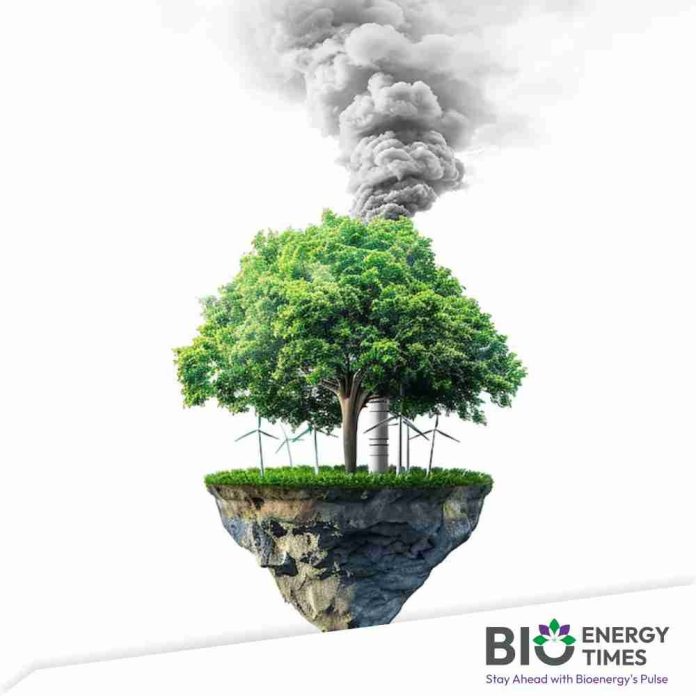The Ministry of Mines is working closely with the private sector to strengthen India’s capacity for electronic waste recycling and the recovery of critical minerals within the next few years, according to a press release issued on Friday.
This initiative follows the Union Cabinet’s approval on September 3, 2025, of a ₹1,500 crore Incentive Scheme aimed at promoting the recycling of critical minerals — a major component of the National Critical Mineral Mission. The scheme seeks to encourage sustainable recovery of essential materials through recycling rather than depending primarily on imports.
After consultations with industry stakeholders, the Ministry issued detailed guidelines for the scheme on October 2, 2025, and simultaneously opened the application process for participation. The Ministry noted that industry players welcomed the swift rollout and expressed strong interest in joining the program.
Under the scheme, eligible feedstock includes electronic waste, used lithium-ion batteries (LIBs), and other scrap materials such as catalytic converters from end-of-life vehicles. India currently produces around 1.75 million tonnes of e-waste and 60 kilotonnes of spent LIBs annually, according to Ministry data. The removal of customs duty on LIB scrap in the 2025–26 Union Budget is expected to facilitate imports of such waste, expanding recycling prospects over the next four to five years.
Feedstock collection is also set to improve through formalization under the Extended Producer Responsibility (EPR) framework, which requires producers to ensure proper collection and recycling of e-waste and battery waste. At present, much of the valuable material known as black mass — containing metals like lithium, cobalt, and nickel — is exported without domestic extraction due to limited processing capacity. The new scheme will provide incentives to recyclers who extract these minerals within India, encouraging dismantlers, crushers, and shredders to integrate into the formal recycling network.
Currently, only a few companies in India operate complete end-to-end recycling systems — known as R4 recycling — that convert battery scrap into metals. To promote wider participation, incentives are capped at ₹50 crore for large recyclers and ₹25 crore for smaller ones.
The Ministry stated that the initiative will enhance recycling capacity through established technologies such as hydrometallurgy. Research bodies, including IITs and CSIR laboratories, have already developed indigenous methods for metal recovery and purification. These institutions are also offering training in mineral processing and extraction, ensuring that the scheme’s skill requirements can be met through collaboration between academia and industry.















